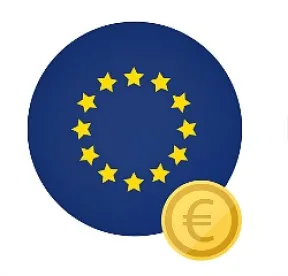On January 10, the changes introduced by the European Union’s fifth Money Laundering Directive (MLD5) became operational. MLD5 came into force on July 9, 2018, but member states had until January 10 to transpose these changes into national law. MLD5 amends and builds on the fourth Money Laundering Directive (MLD4). More information is available in the February 12, 2016 edition of Corporate & Financial Weekly Digest.
Some of the changes to the anti-money laundering (AML) regime brought about by MLD5 include:
-
cryptocurrencies are now in scope of the AML regime, and therefore virtual currency platforms and custodian wallet providers operating in the EU must now conduct due diligence and report suspicious transactions;
-
the customer due diligence (CDD) regime has been clarified and harmonized. For example, all customer verification must now be done using an electronic source, if possible. EU firms must conduct CDD on existing customers in specified circumstances but also “at appropriate times…on a risk-sensitive basis.” In addition, the EU may designate a list of high risk countries for money laundering (the “blacklist”) and impose restrictions or special conditions when dealing with countries on that list;
-
the spending limit on prepaid cards, above which a firm must conduct CDD, has been reduced from €250 to €150 and to €50 for some transactions. The EU can restrict the use of prepaid cards issued outside of the EU, if that jurisdiction does not have equivalent money laundering controls (this takes effect on July 10);
-
the public can now access Registers of Beneficial Ownership for EU corporations and other legal entities, removing the requirement to show some “legitimate interest.” Trusts must also prepare Registers of Beneficial Ownership, but these will not be freely accessible by the public;
-
member states must make a list of the “prominent public functions” in their jurisdiction, in order to help to identify politically exposed persons. Member states must send these lists to the European Commission, who will publish a single, shared list;
-
financial intelligence units at EU national regulators have wider powers. For example, they can now request information from any firm at any time — under MLD4, they could only ask for information if they had received a suspicious activity report from the firm;
-
member states must establish a centralized automated mechanism for identifying the holders of bank and payment accounts and safe deposit boxes (this takes effect on September 10); and
-
the AML regime has been extended to cover all forms of tax advisory services, lettings agents and art dealers and has increased protection for whistleblowers.
MLD5 is available here, and the sixth Money Laundering Directive will take effect on December 3.







 />i
/>i

